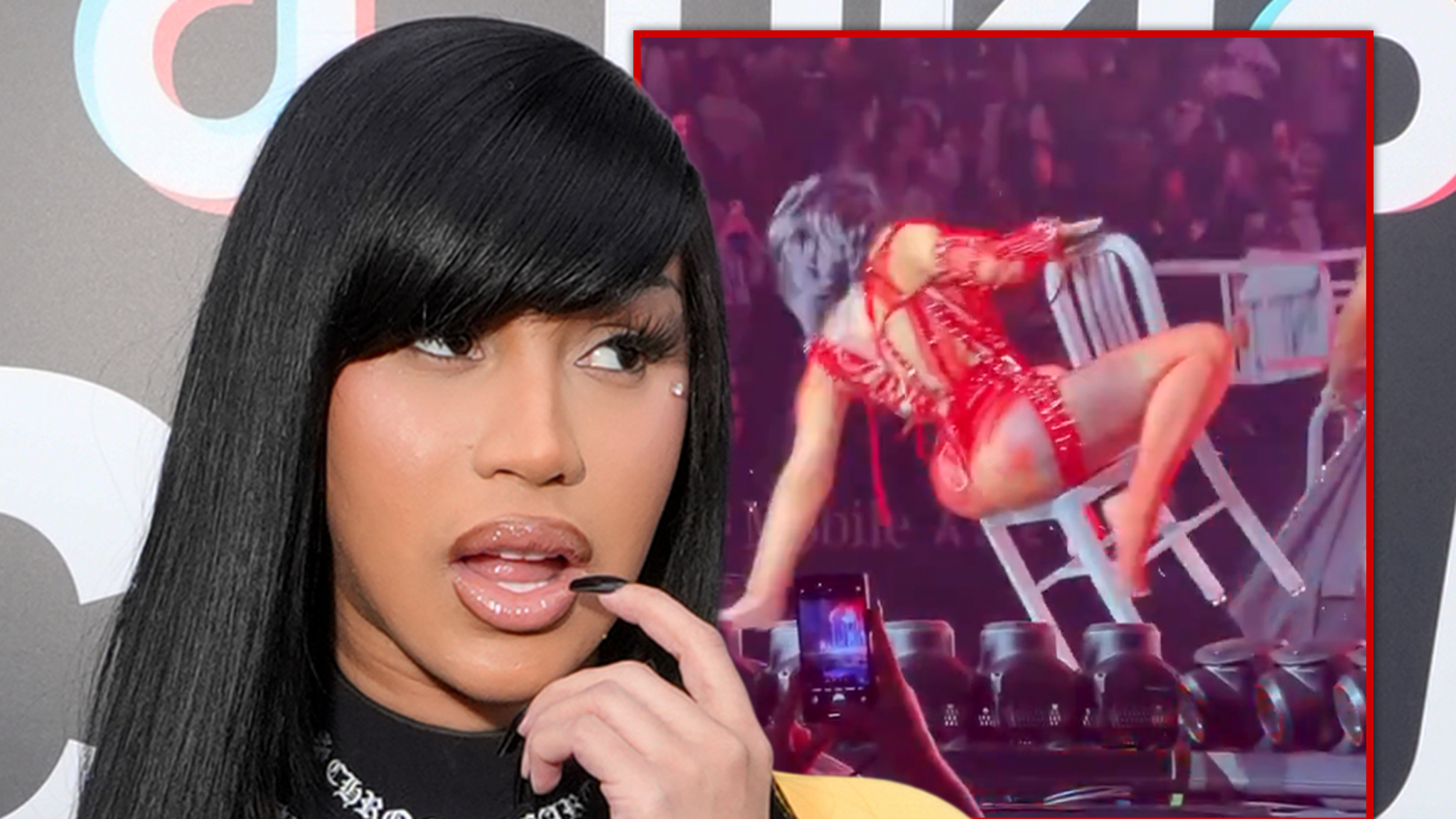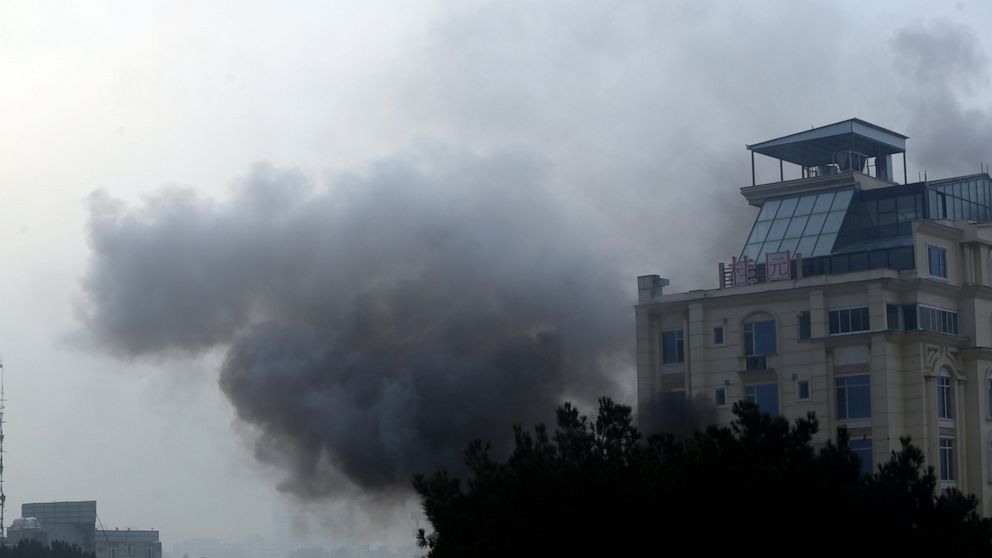Vicky Krieps gives a stunning performance in ‘Corsage,’ a period film that seems to transcend the time in which it is set.
IFC Films
There is a moment in Corsage when Empress Elisabeth of Austria (brilliantly played by Vicky Krieps) first learns of the motion picture camera. Aware of her famous beauty, an inventor approaches her and asks to film. She consents, though not without admitting her disagreement with the purported objectivity of photography. As the camera rolls, the image cuts to black and white as we take on the point of view of the camera. Elisabeth moves for the camera. The image, though, remains in widescreen. And the black and white tint looks like anything but the material of early film. It is a gesture that writer-director Marie Kreutzer returns to throughout the film and one that indicates the film’s porous temporality. This is a period piece only when it wants to be. “Historical accuracy” is cast aside in favor of greater truths. And it is a pleasure to watch.
The year is 1877. Elisabeth nears the age of forty. Her husband, Emperor Franz Joseph I (Florian Teichtmeister), maintains a certain distance in their marriage. Geopolitical upheaval abounds. Distrust for the Hapsburg royals provides an uneasy atmosphere at the dinner table. And gossip by the public about Elisabeth, all of which has to do with her age and personal life, seems to all make its way back to the empress. Elisabeth is trapped: in her mind, in her marriage, in the annals of public perception.
No matter the context, the empress faces sexism in all its forms. Even non-royal men feel comfortable commenting on her weight and appearance. Back-handed compliments are an everyday occurrence. Not even her position is free of such universal misogyny. Elisabeth yearns for more. She wants to assist her husband as he fans the fires the fires that come with leading the Austo-Hungarian Empire, but he refuses. She is herself when she is on the move. Like before the camera. Or when she rides on the back of her beloved horse. She finds solace in visiting the local hospital, where she brings presents to the mentally ill and shares cigarettes with wounded soldiers.
Kreutzer shows an empire nearing its decline. The palace seems stripped to its bare bones. The trappings of royalty are there, but there is little warmth. It is hard to watch the images that Kreutzer creates, with cinematographer Judith Kaufmann, and feel envious of the royals. This is not a place you would want to live or a position you would want to occupy. But the film strikes an important tonal balance. Though we feel a tremendous amount of empathy for Elisabeth, she is still a royal, an imperialist, and looks down on those below her. She can be especially cruel to the women who serve her, showing that sexism remains hierarchical.
Corsage remains mostly free of history’s best-known narratives, like the fact that the empire will fall at the beginning of the next century in the face of the First World War, after the assassination of her husband’s nephew and presumptive heir, Archduke Franz Ferdinand. Or that Elisabeth herself was assassinated at the age of 60. Instead, this is a deeply personal film about a woman who happens to be a royal. Who finds herself in a situation with problems as large and small as one could imagine: war and gossip. Affairs and . Krieps’ layered performance captures this tension. Such fear and loathing transcend status and time and place. At its core, Corsage is a character study, a vehicle through which Krieps richly brings to life a version of Elisabeth on screen.
Apart from Krieps’ performance, the set decoration is what stands out the most about Corsage. The film takes place at such an important, transitory time in world history. So much will change from the 18th to the 19th century. Empires will fall. Technology will develop at a rapid pace. Photography will begin to move. Sound will follow. The places Elisabeth frequents, including the palace, have a modern feel. Objects feel out of a place. The lighting gives a sleekness to the image. It feels like we are watching a re-staging of events (which, of course, we are) rather than living in that moment. Corsage is not just revisionist history but a kind of living history — a meditation on the universality of what Elisabeth endures.
Many viewers are understandably wary and uninterested in historical, period dramas. They are often hagiographical and derivative, rehashing the same old conflicts that come with life in the royal court. That is not the case with Corsage. It is a refreshing, honest work that bends time. To watch Krieps live as Elisabeth, the facial expressions, the subtle and not-so-subtle gestures (like the middle finger she raises to the haters in yet another modern moment), and the internal strife that comes with others being so publicly invested in your aging and your body, is a movie-going experience you will not regret.
Corsage debuts in theaters on December 23, 2022. Watch the film’s trailer here.

















